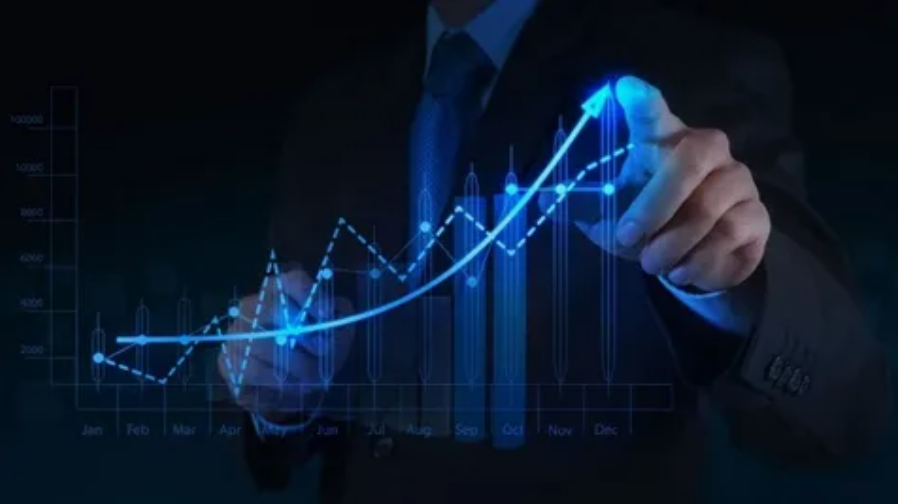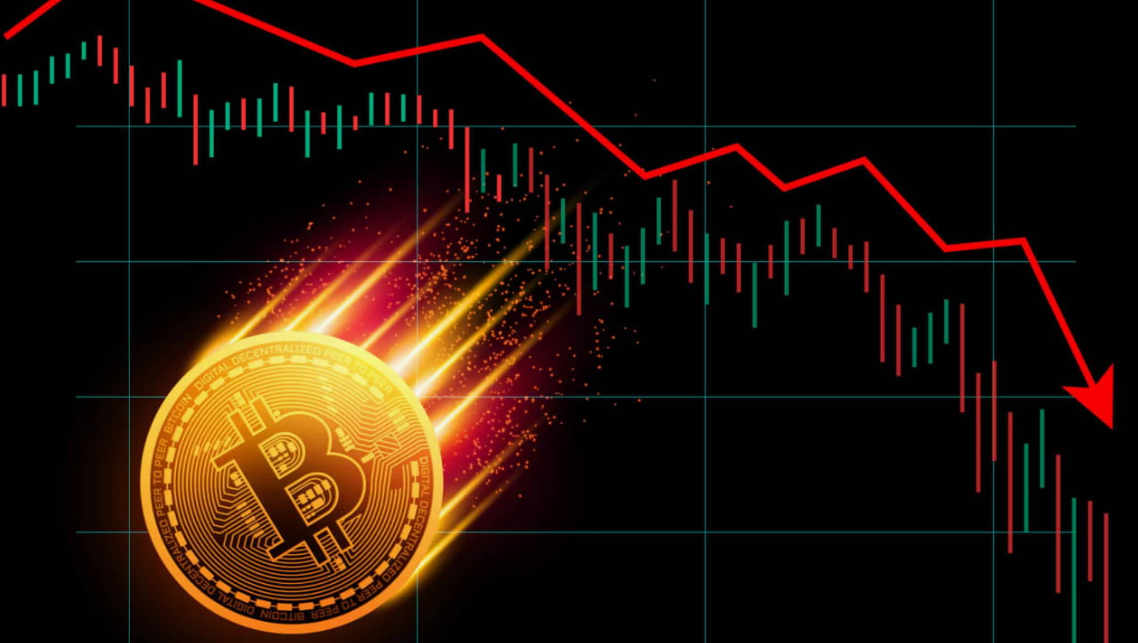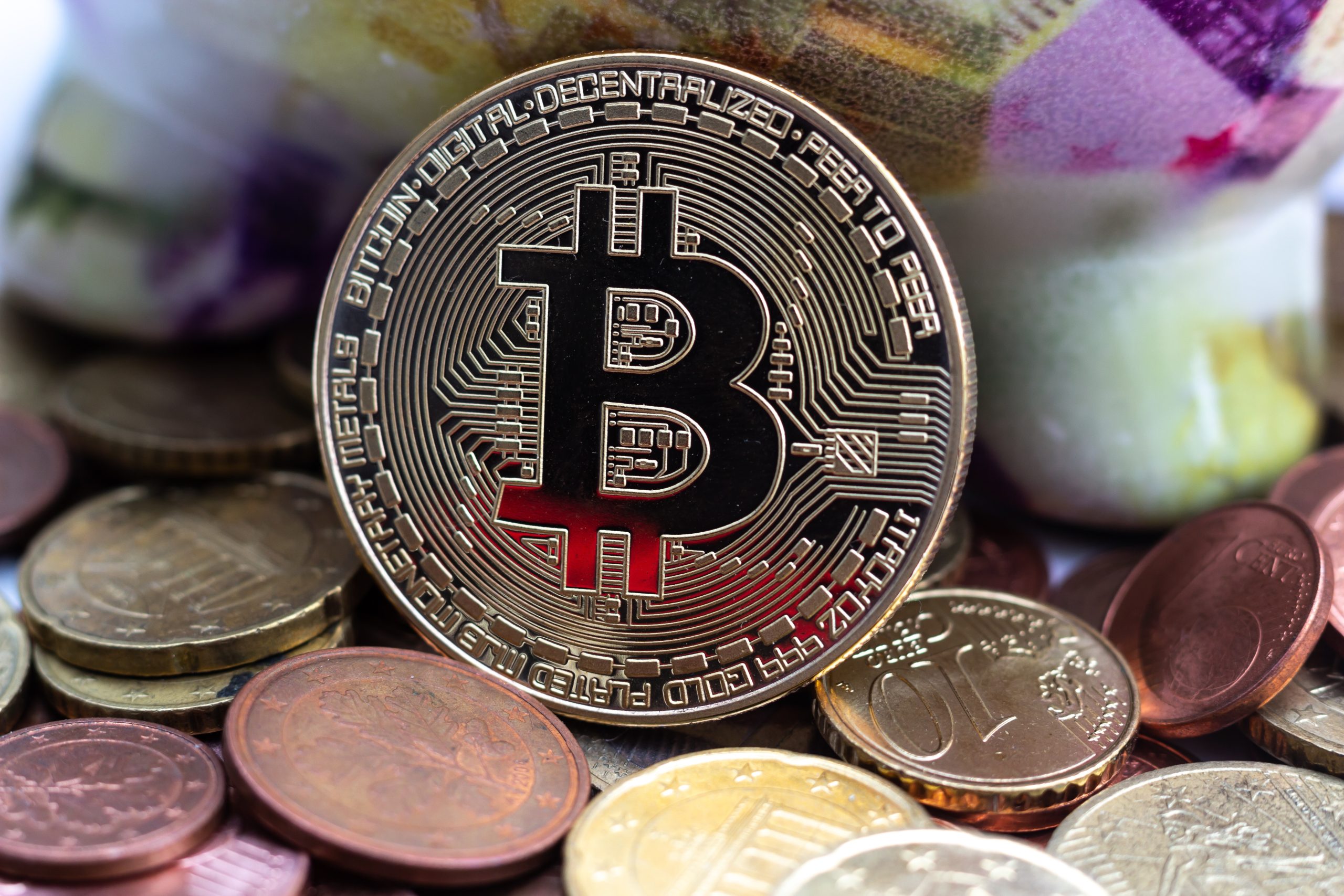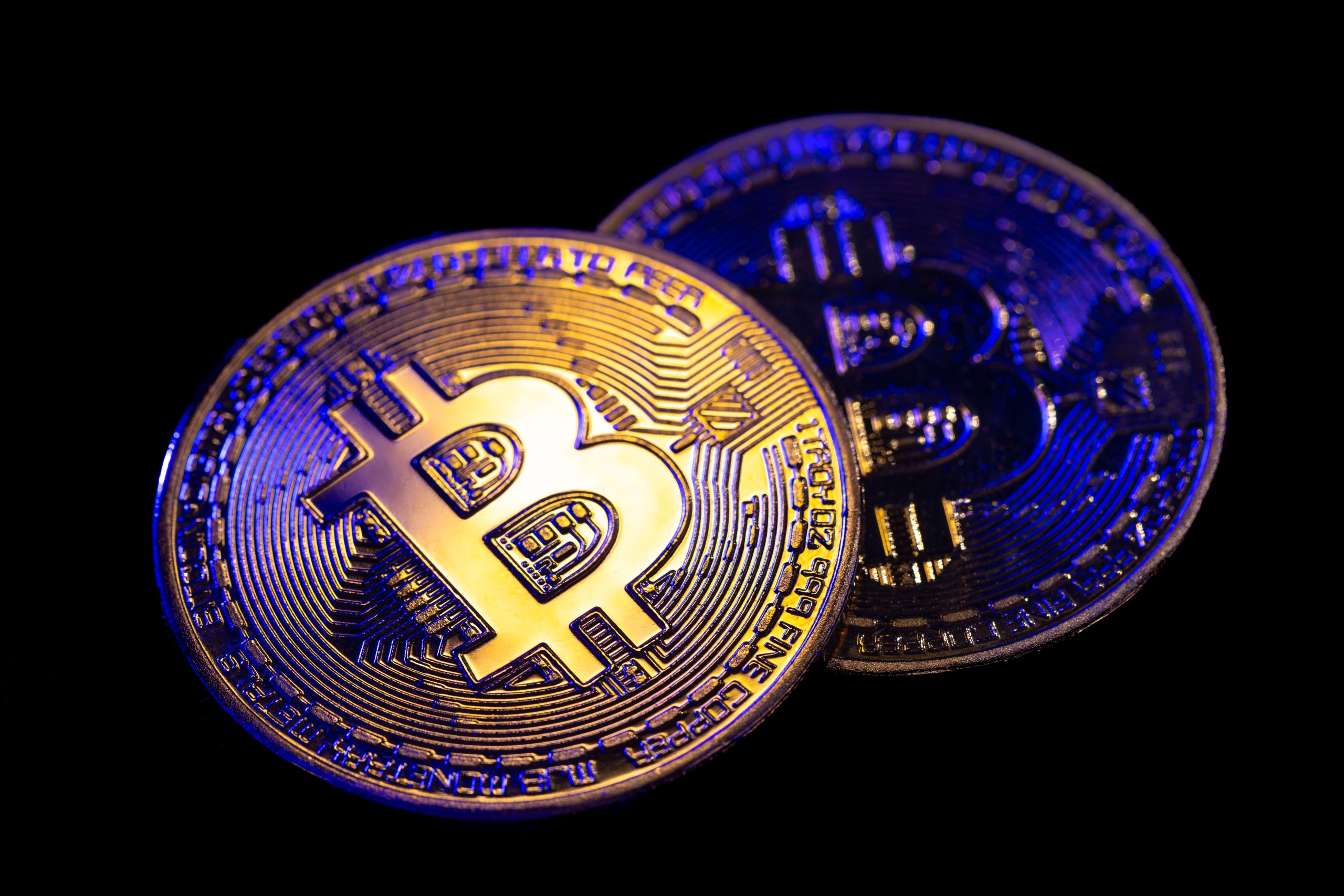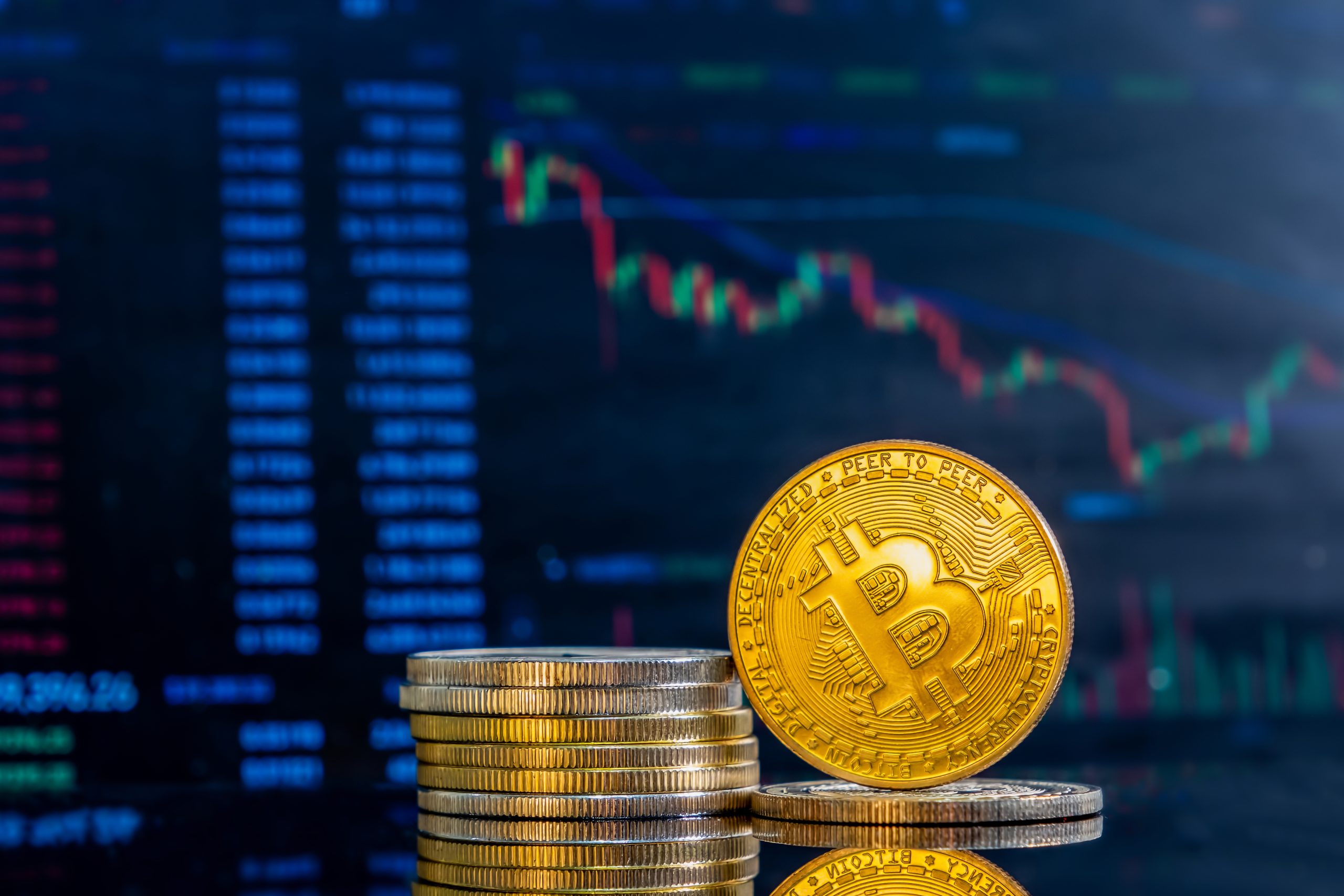Forex trading is famously volatile, and for many traders, this unpredictability can feel more like a gamble than a strategy. But there’s a growing trend among risk-averse traders who are looking for a safer way to enter the forex market: forex futures. These contracts offer a level of predictability and control that appeals to cautious investors. If you’re curious about how forex futures are changing the game, keep reading!
What Are Forex Futures?
Forex futures are contracts to buy or sell a specific currency at a predetermined price on a set date in the future. Unlike spot forex trading, which involves immediate exchanges, futures focus on future delivery, offering a hedge against price fluctuations.
Key Features of Forex Futures
- Standardized Contracts: Pre-set sizes and expiration dates make trading straightforward.
- Centralized Market: Traded on regulated exchanges, adding transparency.
- Leverage Opportunities: Like spot forex, futures allow traders to control large positions with smaller capital.
Why Risk-Averse Traders Prefer Forex Futures
Forex futures might sound complicated, but they’re actually ideal for traders who want more stability in their strategies.
1. Predictability
Futures contracts lock in a price, allowing traders to predict their costs or profits more accurately. This is especially helpful during volatile market conditions.
2. Hedging Against Risk
Businesses and traders use forex futures to hedge against unfavorable currency movements. For example, a company expecting revenue in euros can lock in today’s favorable exchange rate to avoid losses if the euro weakens.
3. Regulated Environment
Unlike the decentralized spot forex market, forex futures are traded on exchanges like the Chicago Mercantile Exchange (CME). This adds a layer of transparency and reduces counterparty risks.
How Forex Futures Compare to Spot Forex
If you’re used to trading spot forex, you might wonder how futures stack up.
Similarities
- Both involve currency speculation.
- Both offer leverage, amplifying potential gains and losses.
Differences
| Feature | Spot Forex | Forex Futures |
| Market Type | Decentralized | Centralized (Exchanges) |
| Contract Flexibility | Flexible sizes & dates | Standardized contracts |
| Pricing Transparency | Depends on broker | Exchange-regulated |
The Role of Forex Futures in Risk Management
Forex futures aren’t just for individual traders—they’re a key tool for businesses and financial institutions.
1. Hedging for Businesses
Companies with international operations use forex futures to protect against unfavorable currency shifts. For example, an exporter might use futures to lock in a favorable exchange rate for payments due in the future.
2. Diversification for Traders
Traders can use futures to diversify their portfolios. By incorporating forex futures, they can reduce reliance on the spot market’s volatility.
3. Stability in Unstable Markets
Futures provide a measure of stability, especially during geopolitical crises or economic uncertainty.
How Fxpricing Supports Forex Futures Traders
Navigating forex futures requires accurate data and tools, and that’s where Fxpricing shines.
Real-Time Data
Stay on top of market movements with Fxpricing’s live rates and updates for both forex and futures markets.
Historical Data for Analysis
Analyze long-term trends with Fxpricing’s extensive historical data, helping you make more informed trading decisions.
Market Insights and News
Fxpricing offers expert analysis and market updates, ensuring you’re always ahead of key developments in the forex futures market.
APIs for Seamless Integration
For brokers and trading platforms, Fxpricing’s APIs provide seamless access to real-time and historical forex data.
Tips for Getting Started with Forex Futures
New to forex futures? Here are some tips to help you get started:
- Understand the Basics: Learn how futures contracts work, including their standardized sizes and expiration dates.
- Leverage Wisely: Futures trading involves leverage, so use it cautiously to avoid unnecessary risks.
- Stay Informed: Use Fxpricing to monitor market trends and stay updated on global economic events.
- Practice First: Many brokers offer demo accounts for futures trading. Practice before diving in with real money.
My Take on Forex Futures
I think forex futures are a fantastic option for traders who want more control and less stress. Unlike spot forex, where prices can change in a blink, futures give you a clearer picture of your potential outcomes. Platforms like Fxpricing make it even easier to succeed by offering all the tools and data you need to make smart decisions.
FAQs
Q1: What are forex futures?
A1: Forex futures are contracts to buy or sell a currency at a predetermined price on a specific future date, offering a hedge against price fluctuations.
Q2: Why are forex futures popular with risk-averse traders?
A2: Futures provide predictability, risk management, and a regulated trading environment, making them ideal for cautious traders.
Q3: How do forex futures differ from spot forex?
A3: Futures are traded on centralized exchanges with standardized contracts, while spot forex is decentralized with flexible trade sizes and dates.
Q4: Can I use leverage in forex futures trading?
A4: Yes, forex futures allow leverage, enabling traders to control large positions with a smaller capital investment.Q5: How does Fxpricing help with forex futures trading?
A5: Fxpricing provides real-time and historical data, market analysis, and APIs for seamless integration into trading platforms.

